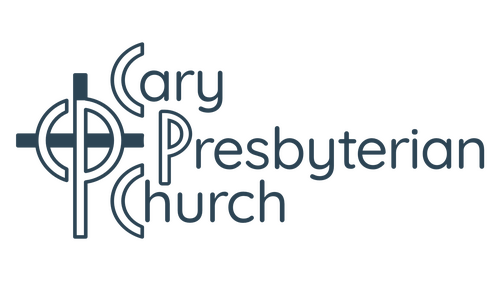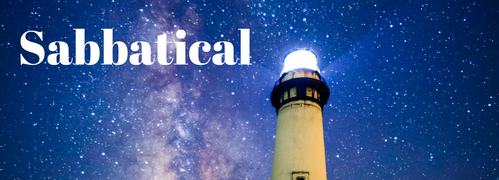

Daily Primer — July 4, Lofoten — Norway
Each day you will be given:
A Florilegium entry
A Daily Prayer
and a Night Prayer.
A Florilegium entry
A Daily Prayer
and a Night Prayer.
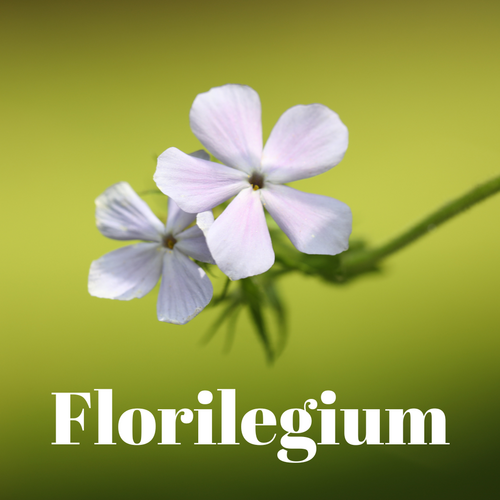
O Christ will you help me on the wild waves?
A dear pure pilgrimage
subduing faults, a body chaste,
a life of poverty, lowly and secluded
occur often to my mind.
The gift of piety, the gift of pilgrimage,
the gift of repentance for my soul,
O Christ without reproach
grant them all to me.
=======
Prayer is first and foremost the active presence of the Holy Spirit in our personal and communal lives. Through the disciplines of solitude and community we try to remove — slowly, gently, yet persistently — the many obstacles which prevent us from listening to God’s voice within us. God speaks to us not only once in a while but always. Day and night, during work and during play, in joy and in sorrow, God’s Spirit is actively present in us. Our task is to allow that presence to become real for us in all we do , say or think. Solitude and community are the disciplines by which the space becomes free for us to listen to the presence of God’s Spirit and to respond fearlessly and generously. When we have heard God’s voice in our solitude, we will also hear it in our life together. When we have heard him in our fellow human beings, we will also hear him when we are with him alone. Whether in solitude or community, whether alone or with others, we are called to live obedient lives, that is, lives of unceasing prayer — ‘unceasing’ not because of the many prayers we say but because of our alertness to the unceasing prayer of God’s Spirit within and among us.
A dear pure pilgrimage
subduing faults, a body chaste,
a life of poverty, lowly and secluded
occur often to my mind.
The gift of piety, the gift of pilgrimage,
the gift of repentance for my soul,
O Christ without reproach
grant them all to me.
=======
Prayer is first and foremost the active presence of the Holy Spirit in our personal and communal lives. Through the disciplines of solitude and community we try to remove — slowly, gently, yet persistently — the many obstacles which prevent us from listening to God’s voice within us. God speaks to us not only once in a while but always. Day and night, during work and during play, in joy and in sorrow, God’s Spirit is actively present in us. Our task is to allow that presence to become real for us in all we do , say or think. Solitude and community are the disciplines by which the space becomes free for us to listen to the presence of God’s Spirit and to respond fearlessly and generously. When we have heard God’s voice in our solitude, we will also hear it in our life together. When we have heard him in our fellow human beings, we will also hear him when we are with him alone. Whether in solitude or community, whether alone or with others, we are called to live obedient lives, that is, lives of unceasing prayer — ‘unceasing’ not because of the many prayers we say but because of our alertness to the unceasing prayer of God’s Spirit within and among us.
Tenth Century Irish prayer as quoted in A Desert in the Ocean: The Spiritual Journey according to St. Brendan the Navigator by David Adam. p. 88.
And then:
Henri Nouwen, Making All Things New: An Invitation to the Spiritual Life Harper & Row, 1981, pp. 90-92.
And then:
Henri Nouwen, Making All Things New: An Invitation to the Spiritual Life Harper & Row, 1981, pp. 90-92.
Florilegium is the Medieval Latin word for bouquet, or more literally flowers (flos, flor-) which are gathered (legere). The word florilegium was used to refer to a compilation of writings, often religious or philosophical. These florilegium are literary flowers—beautiful words/prayers/thoughts I have gathered. During my sabbatical they will give me something to ponder each day. — PHL.
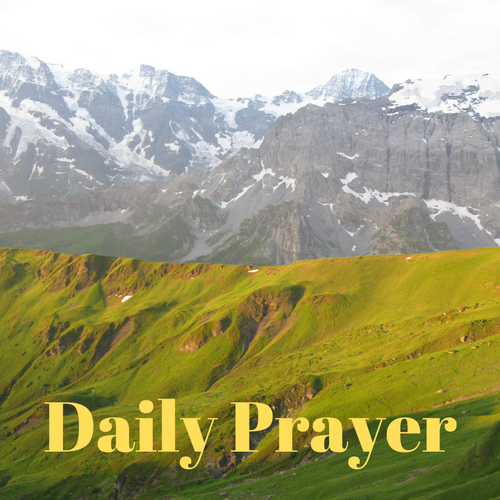
Lord God, you promise that we are given a place in your kingdom and a way to follow you there. We give thanks that you remain with us on our journey of faith and pray that you will help us to hallow the sacred spaces in our life, that we might see how deeply they are imbued not only with your love, but with the hopes and aspirations of our spiritual forebears. May our prayers join with theirs and be woven into the fabric of a deep and abiding faith. We ask it in the name of the Father, and of the Son, and of the Holy Spirit. Amen.
John 14:2. Liturgy of the Hours — PHL.
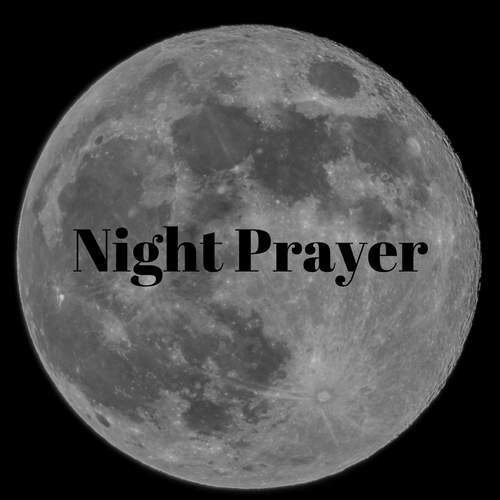
The angel consoled you in the hour of your passion:
Comfort all those who are dying.
Lord Jesus, you underwent the agony of the cross:
Teach us to adore your holy passion.
Christ whose side was pierced with a lance:
Open to us the treasures of your love.
May the memory of your death on the cross, Lord Jesus,
confirm our hearts in faith and hope;
then we shall live together in your love,
waiting for your coming,
for you are our Savior, for ever and ever.
May God be merciful to us and bless us.
May the souls of the faithful departed through the mercy
of God rest in peace. Amen.
Comfort all those who are dying.
Lord Jesus, you underwent the agony of the cross:
Teach us to adore your holy passion.
Christ whose side was pierced with a lance:
Open to us the treasures of your love.
May the memory of your death on the cross, Lord Jesus,
confirm our hearts in faith and hope;
then we shall live together in your love,
waiting for your coming,
for you are our Savior, for ever and ever.
May God be merciful to us and bless us.
May the souls of the faithful departed through the mercy
of God rest in peace. Amen.
The Glenstal Book of Prayer, p. 62.
